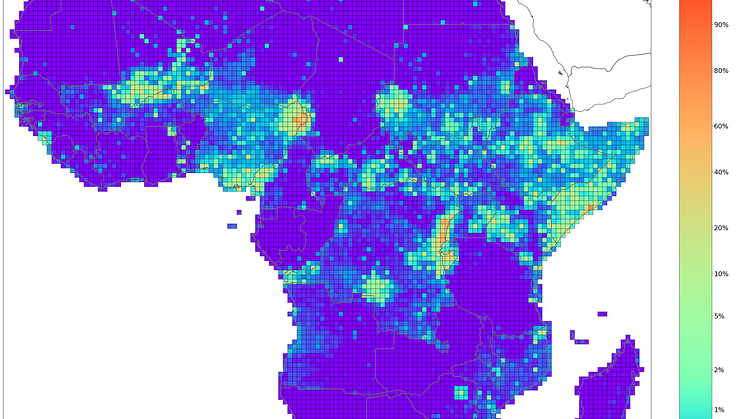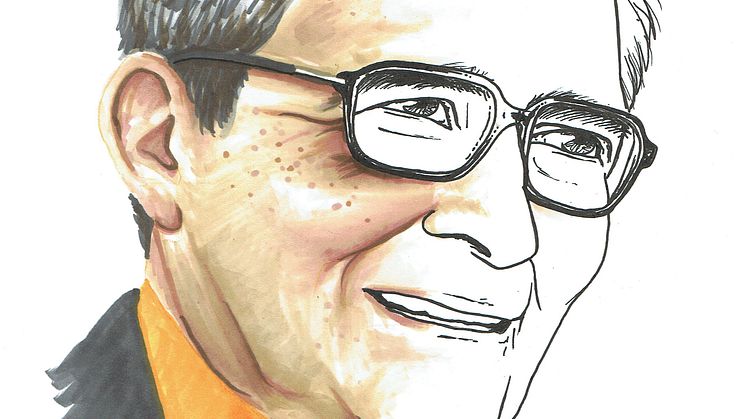Consensus and continuity determine Swedish foreign policy
The Swedish Government was able to undertake and justify Swedish military involvement in Afghanistan 2002–2014 by describing it as a traditional Swedish contribution while differentiating it from American military operations in the region. Both consensus and a sense of continuity in foreign policy formulation are required to achieve broad support, finds a new dissertation from Uppsala University.

